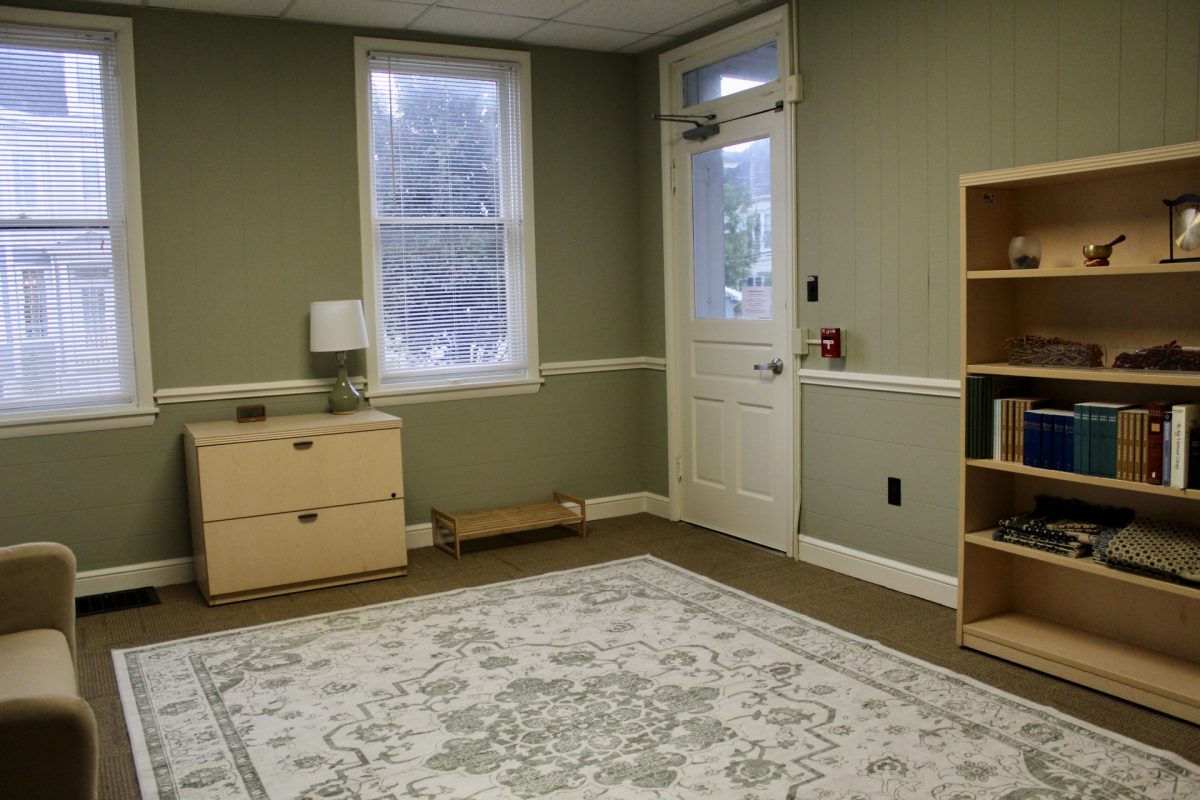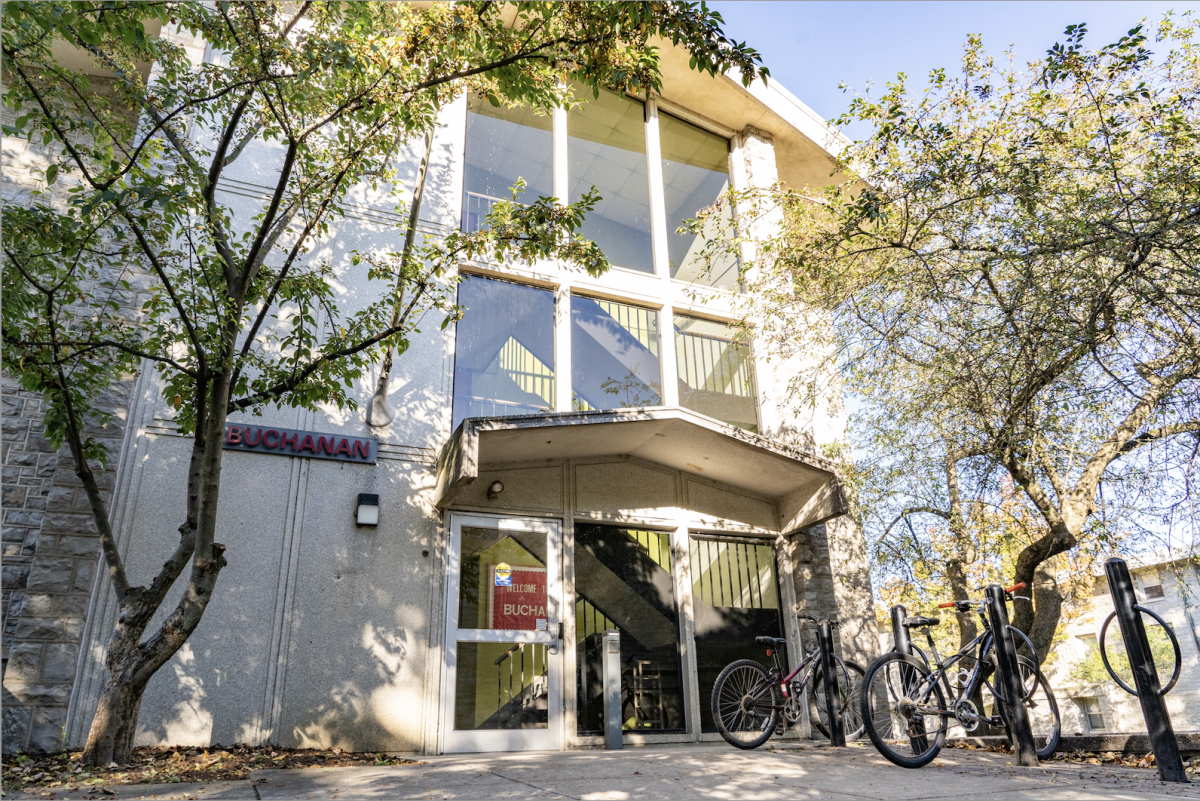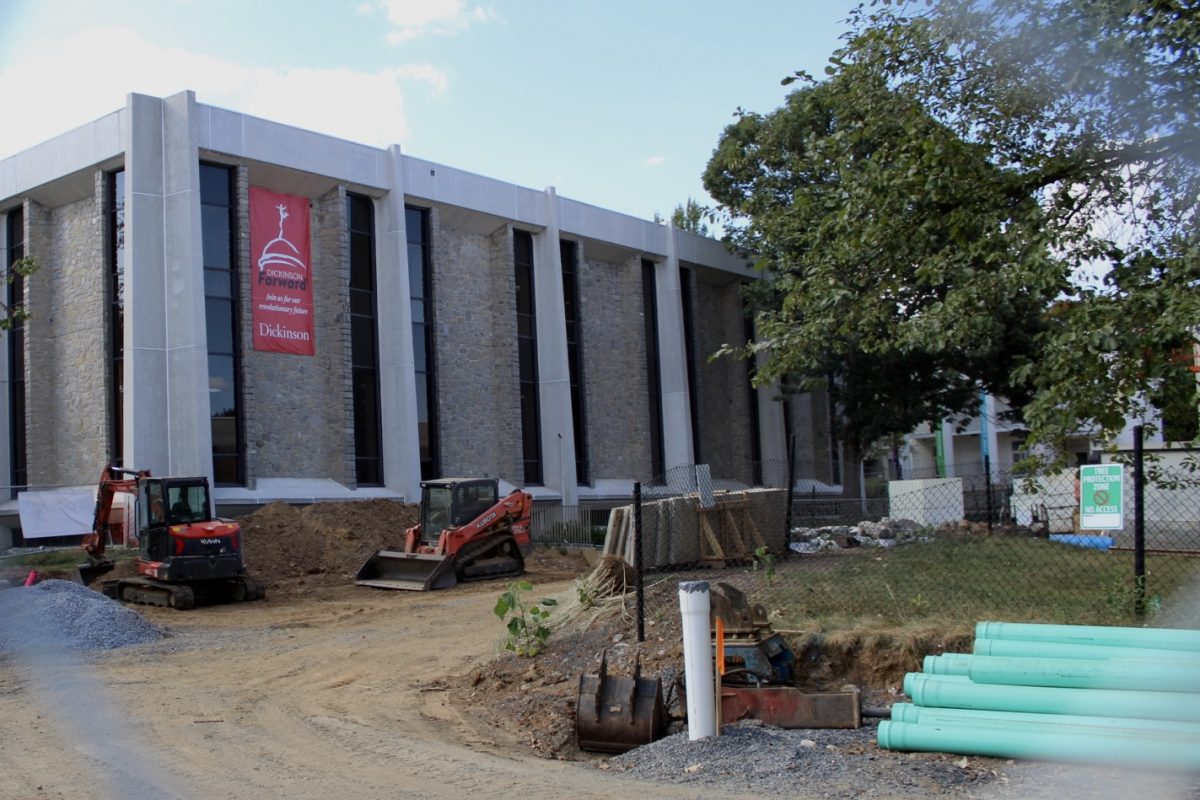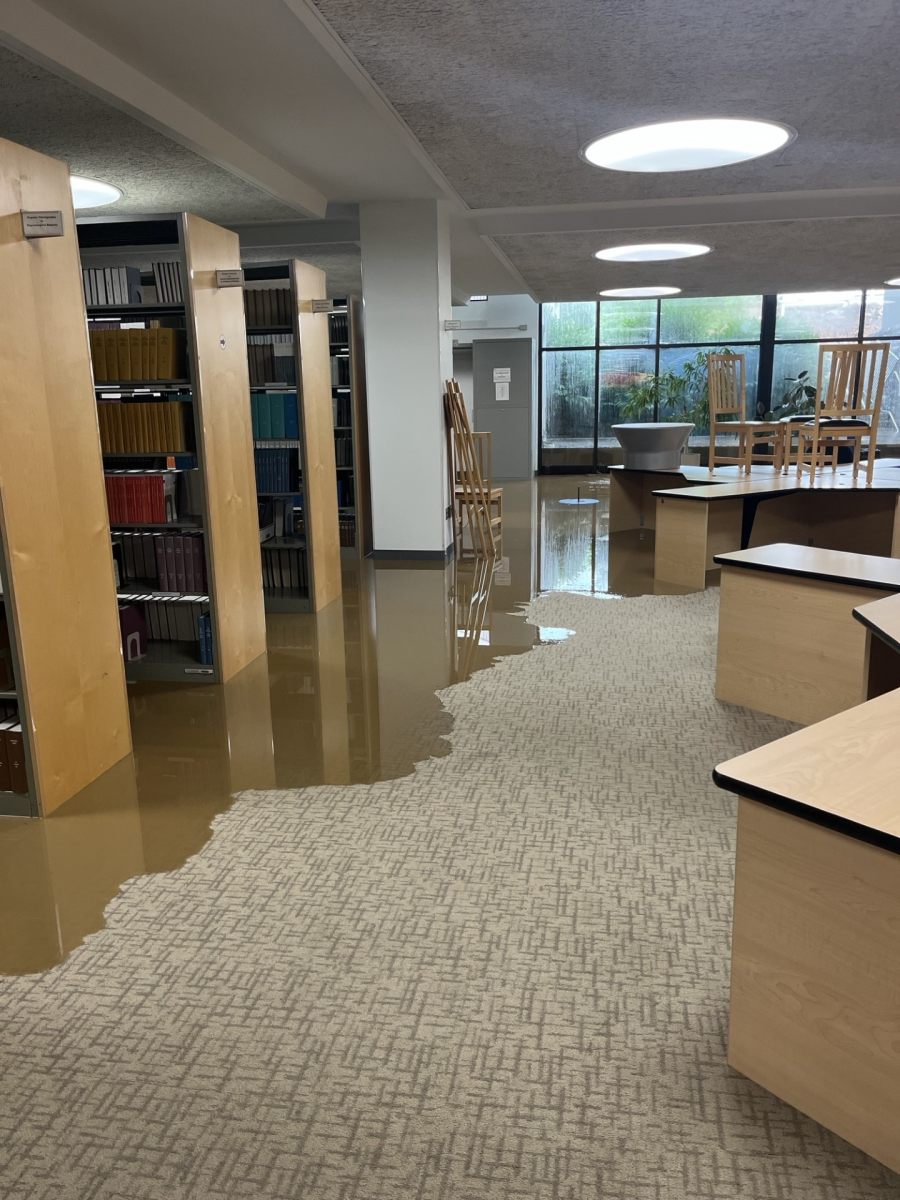
Dickinson has begun a technology transformation to update and maximize efficiency of the campus technology. This tech transformation has three project sections: Learning Management Systems (LMS), Mobile Computing Initiative (MCI), and Core Systems Management (CSM). The Learning Management System (LMS) project is well under way and possibly the most impactful change for students.
In the Spring of 2024, a committee was assembled under James D’Annibale, Director of Academic Technology to assess the effectiveness of Moodle as an LMS. D’Annibale says “It’s been a really long time since the LMS at Dickinson was evaluated and you really shouldn’t wait that long to do tech updates.”
In addition, Dickinson’s Enterprise Resource Planning (ERP), Banner, is being revaluated. D’Annibale pointed out, if the ERP system changes then it will be many more years before our LMS can change, the two programs must work together and cannot be changed at the same time. Allie Hershey ’25, who has served as the student representative on the project committee since Spring 2024 said “LMS concerns started with student concerns about how faculty interacted and organized Moodle.”
At the end of September, two potential LMS companies, Canvas and D2L, presented demos on campus for faculty and students. These “sandbox environments” allowed faculty and students to experience the new LMS options and they are available by request. Attendees of these demos and those who use the sandbox environments are asked to provide brief feedback on their experience.
On November 8, the LMS evaluation committee will meet to compile all feedback received and provide an official recommendation for forward action to administrators Provost Renee Cramer and VP of Information and Technology Services Jill Forester. If a decision is reached to change LMS implementation will begin in Spring 2025 with training and a soft launch of 10-15 faculty users. The transition would be complete by the end of Spring 2026 after a slow integration process.
Hershey said, “there was not a lot of student engagement with the demos which was disappointing, but I have heard a lot of excitement about having access to those sandbox environments.” D’Annibale highlighted that the lack of student’s participation in demos does not mean necessarily mean the committee cannot solve student issues with the LMS.
In preliminary listening sessions, issues such as the mobile compatibility and PDF functionality were raised; these are complaints that can be handled without continued student participation. D’Annibale said “Ideally we would have 100% participation, but I recognize that is never going to be the reality, the people who have chosen to be engaged with the project have really dived in which is awesome.”
Some concerns about faculty’s ability to learn and adapt to a new technology have been expressed and discussed, however, the committee believes their plan to slowly implement any changes will ease this difficulty. In addition there are plans to provide 24/7 chat support and trainings throughout the process.
A concern with adequate faculty usage also arose in LMS discussions. Hershey said, “Some complaints were more about how professors use Moodle or avoid it totally by using a different platform.” This theme in complaints has inspired future discussion of light usage requirements, such as posting the syllabus or standards for keeping the gradebook up to date. Hershey did warn these discussions are incredibly preliminary and she can make no promises for the future of such a project.
The other facets of the technology transformation, mobile computing initiative (MCI) and core systems modernization (CSM) are underway on campus. The MCI is aimed at “transitioning from traditional computer-equipped classrooms to a more flexible and cost-effective Bring Your Own Device (BYOD) approach” as stated by the online information. This project includes the collection of classroom tech feedback from faculty, implementation of faculty laptops, an expanded student loaner laptop program and implementation of virtual lab software that will allow access to college software on personal devices. The CSM project refers to the reassessment of Banner and is in early stages.
D’Annibale said the goal of this project is for “people to have what they need, if we can add some bells and whistles great, but its not about what I want it’s about what the academic program needs.” This project is part of the greater Dickinson College project of advancement for the college as whole through the Dickinson College Strategic Plan. Hershey said serving on this committee has given her a different perspective on campus projects, saying “When you want change, be present to make change happen, if feedback is asked for provide feedback. We can’t make a decision that suits the entire student body if we don’t hear from the entire student body.”
Students can still request access to sandbox environments through the end of October. All information regarding how to provide feedback can be found in the “LMS Evaluation Update and Opportunities” email.










